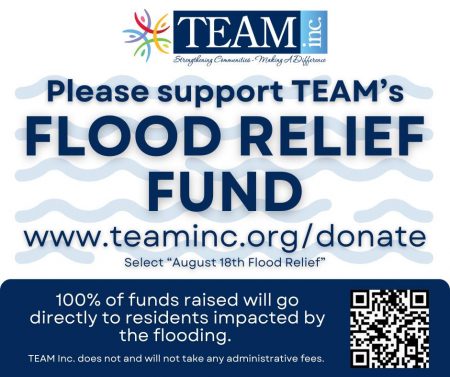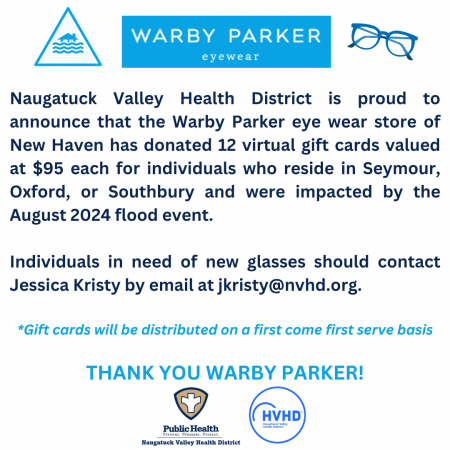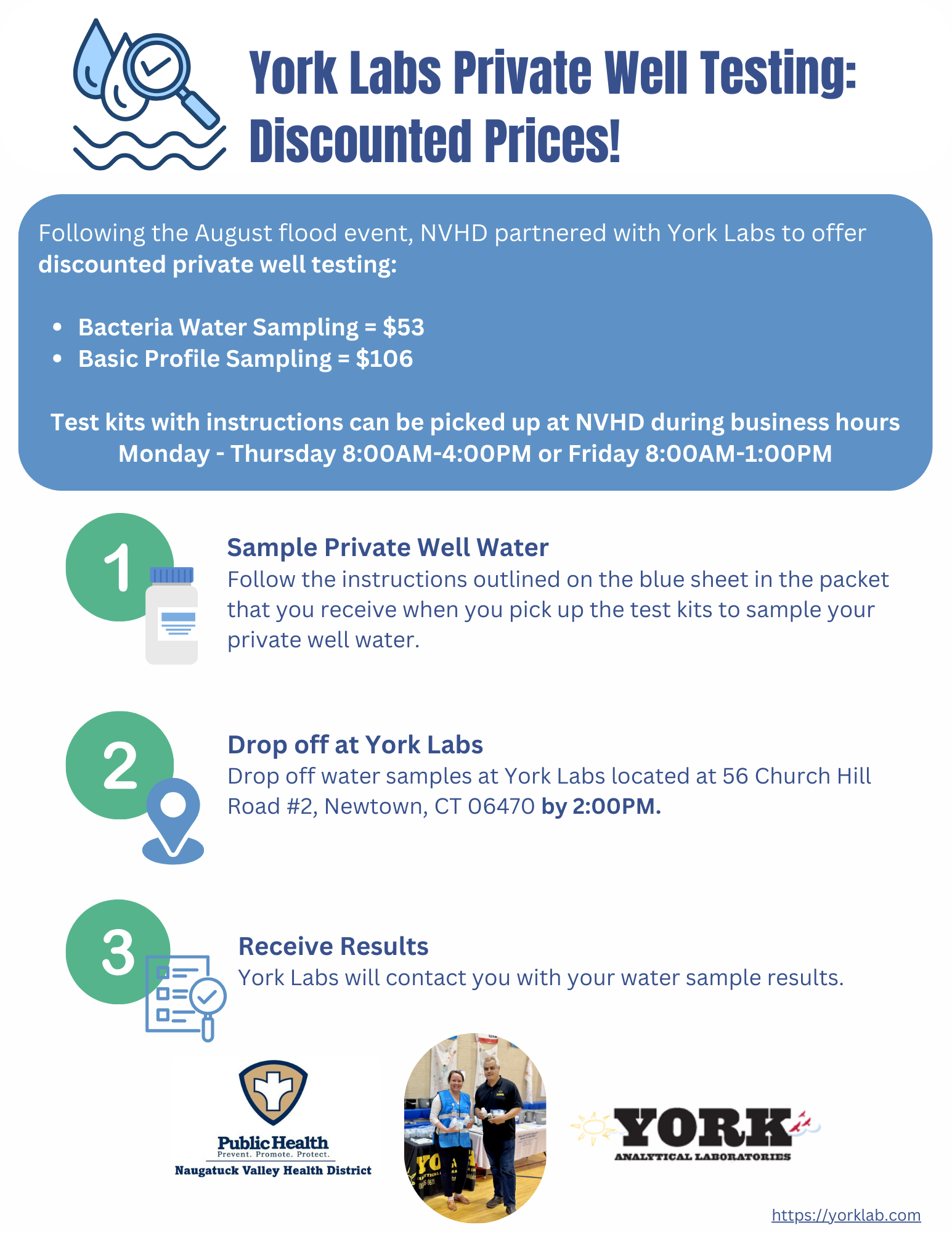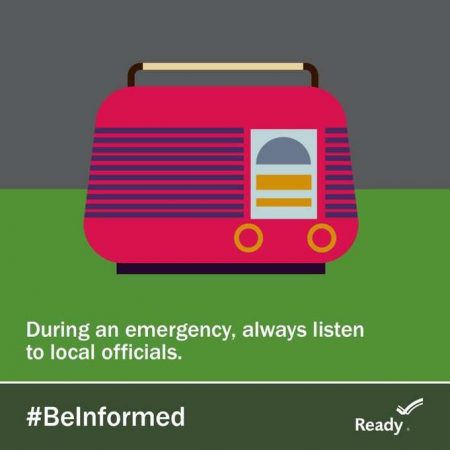Stay safe post-flood! Visit here to learn more about how to stay safe.
TRAFFIC ADVISORY: NVHD IS OPEN DURING CONSTRUCTION ON RT. 67.Traffic may temporarily be re-routed to enter the parking lot from Martha St. during construction.
Stay safe post-flood! Visit here to learn more about how to stay safe.
TRAFFIC ADVISORY: NVHD IS OPEN DURING CONSTRUCTION ON RT. 67.Traffic may temporarily be re-routed to enter the parking lot from Martha St. during construction.
 Community Recovery
Community Recoveryhttps://teaminc.org/donate/ 
TEAM’s Valley Flood Relief Fund will be used for direct assistance in supporting Valley individuals and households impacted by the flood, including but not limited to modest levels of support for their personal health & safety,shelter, and/or other basic living needs (100% of these funds will be used towards direct assistance to those impacted – TEAM does not and will not take any administrative fees). TEAM will work with households to determine their situation, needs and eligibility and will assist in establishing plans of action and providing direct assistance funds.

Flood waters contaminated with sewage can pose a risk to your health if swallowed. Stomach illnesses such as vomiting and diarrhea are the greatest risk from swallowing contaminated water. Direct contact with contaminated flood water can cause skin rashes or infected cuts and wounds. Breathing problems can worsen if sewage is allowed to dry and becomes airborne.
Food establishments that have lost power or have been flooded should contact their local health department. Please contact NVHD at 203-881-3255. The local health department will provide guidance on practices to follow to ensure the safety of foods and food contact surfaces. They will also work with them on what steps need to be taken to reopen, once safe to do so. Food service establishments should not reopen without approval from the local health department.
Throw out any food, including emergency supplies, that may have come into contact with floodwater. Discard canned foods that are bulging open, or damaged. Food in undamaged cans can be saved if properly cleaned.
Changes in water taste, color, or odor can be an indication of contamination from flooding. Your well may be at high risk of contamination if there is standing water over the location of your well. If you are concerned that your well has been contaminated, get the water tested and use bottled water for drinking and cooking until the test results have been returned and any issues have been corrected by a professional.
Private well owners are responsible for testing the quality of their own drinking water and maintaining their own wells. Click for List of Approved Laboratories
For more information about private wells, flooding and the disinfection of wells, please visit the DPH Private Well Program website at www.ct.gov/dph/privatewells or call (860) 509-8401 or send an email to DPH.PrivateWellProgram@ct.gov.

Do not use the sewage system until water in the soil absorption field is lower than the water level around the house. If you have a home-based or small business and your septic system has received chemicals, take extra precautions to prevent contact with water or inhaling fumes. Proper clean-up depends on the kinds of chemicals in the wastewater.
Fact sheets are for informational purposes only. They should not be used for self-diagnosis or as a substitute for consultation with a health care provider. If you think that you may have an infection, or have questions about the diseases described above, you should consult your health care provider.

TURN AROUND. DON’T DROWN.
It is important to sign up for your town’s emergency notification system so that you can also receive important and timely communications!
Visit your municipal website for instructions.
CDC
CT DPH
CT DCP
FDA
FEMA
HUD
American Red Cross
OSHA